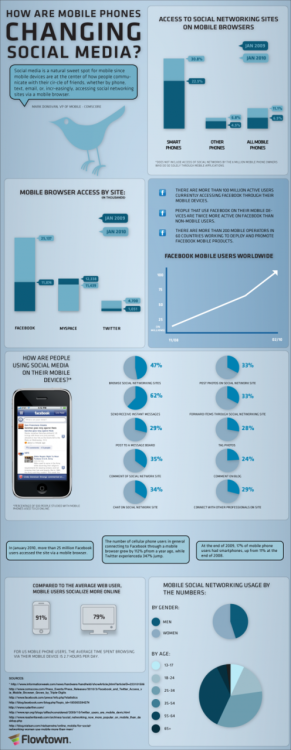Its difficult not to think about digital culture after reading Jaron Lanier‘s book You are not a Gadget. He captures me at once with his discussion on how we are locked into our technological settings by previous design decisions. These decisions may not be the best but they might have been the best at the time. To overcome their flaws we build work-arounds and use more power but at the heart of the system lie flaws which are limiting us and controlling our ability to develop.
The problem, according to Lanier, is that we continued to develop our gadgets and became so impressed with them that two things happened. First we began to think that the gadgets we actually doing the work (computer beats chess player) and not realizing that it was the programmers et al doing the work (programming team & chess experts together beat chess player). Second the popularity of gadgets and applications were not increasing our freedom and development. The iPad & Facebook (just to pick 2) are not freeing us but limiting our choices of action.
Obviously digital culture, web2.0 and social media are not high on Lanier’s list of popular ideas. The hive mind lacks intelligence and the collaboration is all about remixing bits of information without producing anything new. Individuals produce – the hive iterates.
But this is where he loses me. Critiquing the masses for not being innovative or exiting smacks of arrogance – they (the mob) just dont get the sophistication of what the web could be? Sure, we (the mob) are controlled by our iPhones and Twitter. Our communications are not totally free – but when were they ever free? Was there ever a period where the mass was more exciting than it is now? The mass collaboration of Wikipedia may not be producing new knowledge but encyclopedists never did. They are however providing information more efficiently than ever before.
Critiquing bloggers for not being memorable writers is equally unfair as 99% of all writers either never got published or are now out of our memories. Critiquing twitterers for not being deep is also to forget that 99% of all human communication is shallow and pointless (Hello, how are you? nice weather we’re having). The point is to establish relationships (real or imagined) and occasionally pass information of importance.
Sure we are not gadgets and I totally agree with the dangers of the lock-in and the fact that people not networks are the most important – but simply because we are controlled by our infrastructure (as was the medieval scribe) does not mean that we are pawns of our infrastructure.
We are not gadgets – but we may be too fond of them… but thats a different problem.
Read the book its an important addition to our understanding of how technology forms us. Read The Independent & New York Times review of Lanier’s You are not a Gadget

